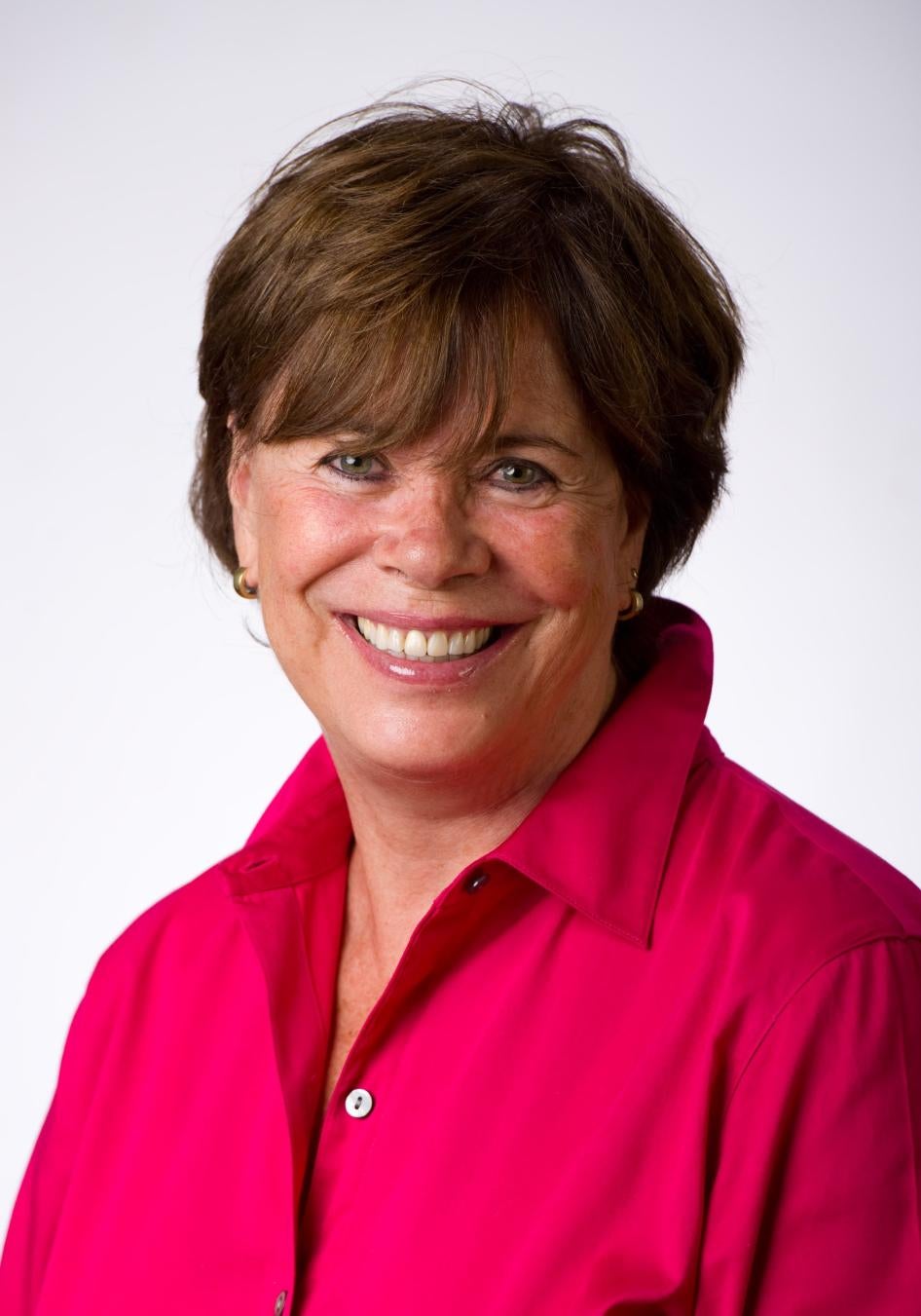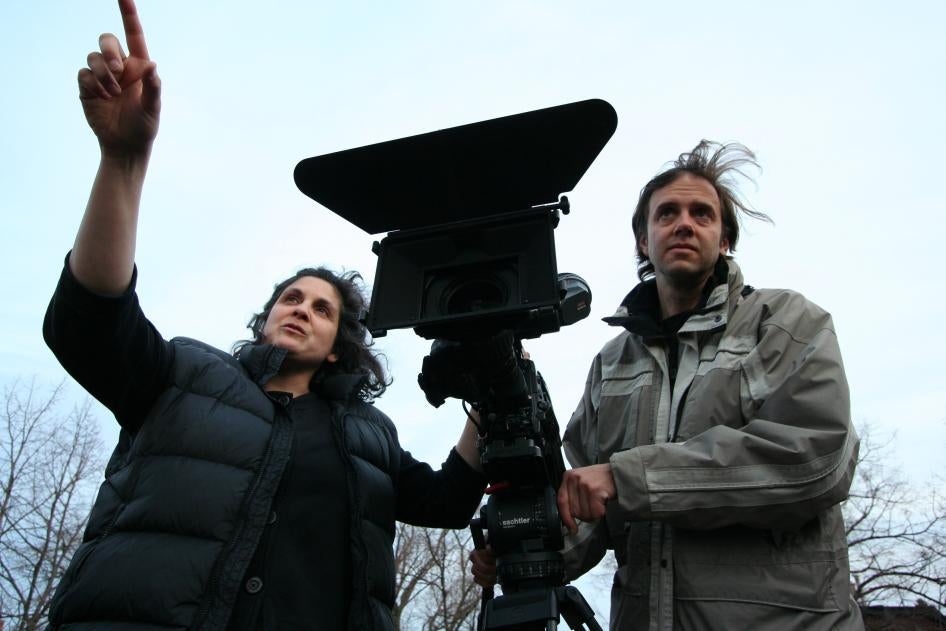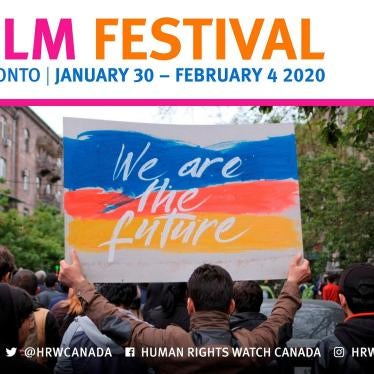(Toronto, February 12, 2020) -- Helga Stephenson is stepping down as chair of the Human Rights Watch Film Festival Toronto, an event she brought to the city 17 years ago, Human Rights Watch said today. The veteran documentary film directors Jennifer Baichwal and Nicholas de Pencier will become the new co-chairs of the annual festival.
The Human Rights Watch Film Festival wrapped its Toronto edition on February 4, 2020. The festival included six powerful films in a new partnership with Hot Docs, which also included three new daytime student screenings. A new initiative to provide all screenings without charge resulted in a record-breaking response, with nearly 3,000 people attending.
“I extend my profound appreciation to Helga Stephenson for her leadership and dedication,” said Jasmine Herlt, Managing Director, Development and Global Initiatives at Human Rights Watch. “Helga has been a vocal champion of our festival and an ambassador for our work, inspiring our audiences to action to defend human rights.”
Stephenson is an industry legend who joined the Toronto International Film Festival in 1978 and shepherded it as director during its formative years in the 1980s and ‘90s. She later was CEO of the Academy of Canadian Cinema and Television. In 2015, Human Rights Watch honoured her for her longtime service to the organization at a Film Festival Opening Night Reception and Screening. Recently Helga, along with top entertainment lawyer Divya Shahani have taken up new roles as Co-Chairs of POV, Toronto’s foremost training and skills development centre for diverse youth for the film, television and media industry.
“It was an honour and privilege to work on this festival for which I am very grateful,” Stephenson said. “I wish Jennifer and Nick the same rich rewarding experience that comes with working for Human Rights Watch. The festival is in excellent hands.”
Baichwal and de Pencier, documentarians with a large body of work, are known for their trilogy of visually spectacular and alarming films about the degradation of the planet, inspired by the work of their producing partner, the photo-artist Edward Burtynsky. The films – Manufactured Landscapes (2006), Watermark (2013), and Anthropocene: The Human Epoch (2018) - have been featured as part of awareness-raising multimedia installations at major museums and galleries.
Herlt expressed “by using film to underscore the harm people have done to our planet, Jennifer and Nick help viewers to understand the human rights issues involved and challenge the audience to demand change. They are true partners in the movement to uphold human dignity.”
For their part, Baichwal and de Pencier said “we are both honoured and thrilled to be part of the HRW family and to champion film as a catalyst for social justice and meaningful change. It won’t be easy to fill the shoes of the formidable Helga Stephenson, but we are looking forward to serving this cause that we are deeply committed to.”
The Human Rights Watch Film Festival is an annual event in more than 20 countries around the globe.









